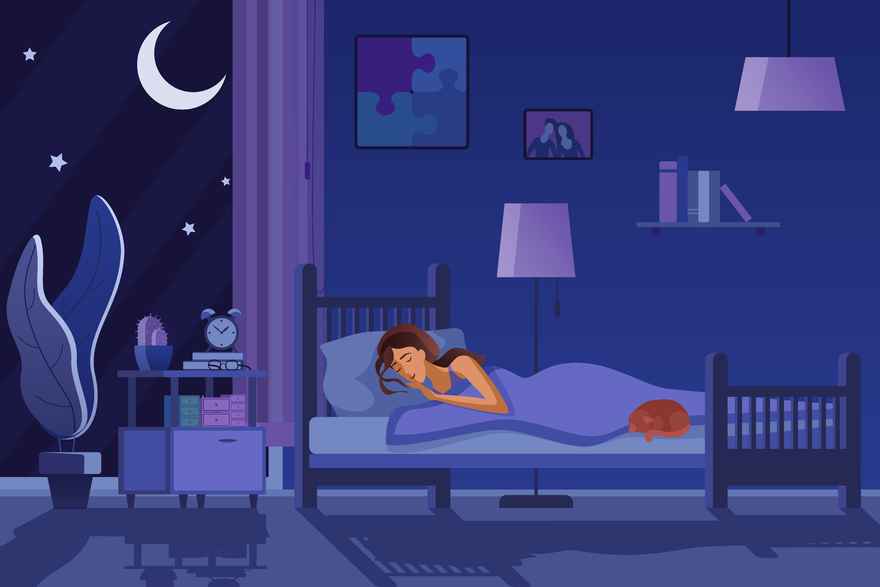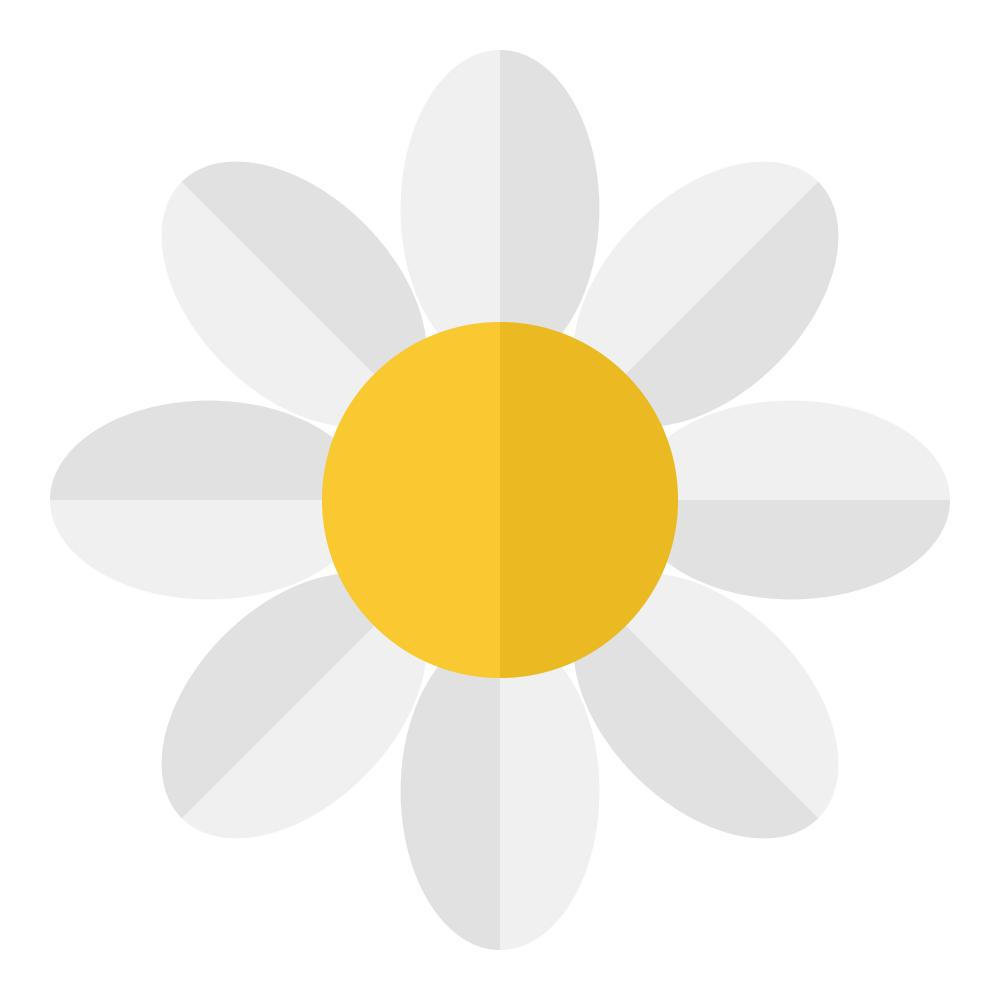Less blue light please!

Science is learning that our sleep is especially sensitive to blue light (wavelength: 446 - 484 nm). If there’s too much blue light before bedtime, the quality of our sleep suffers -- deepest sleep is degraded. Scientists express concern that over-exposure to blue light could even affect the health of a woman’s unborn child.
Unfortunately, most electronic screens (smart phones, computers, tablets, many televisions) and some fluorescent lights release high levels of blue light. That’s why sleep scientists are now warning us. If you’re staring at an electronic screen before bedtime, you risk undermining the quality of your sleep.
In one study, scientists tested the sleep of students who went to bed after reading from an iPad for 30 minutes. Other students read an ordinary book for 30 minutes before bed. The students who read from an iPad were less sleepy at bedtime, and their sleep was more shallow. Tests showed they had less deep, slow-wave sleep even though their sleep duration was unaffected.
Another study involved 11 healthy men who were exposed to either an hour of incandescent light, or an hour of blue light before bed. Researchers concluded: “deep sleep was significantly decreased in the blue-light exposure group compared to the groups with incandescent light”. But, if the men were asked to wear ‘blue-light blocking glasses’ before bed, they retained more normal levels of deep sleep.
A third study involved pregnant women. Scientists found that pregnant women also make less melatonin when they’re exposed to blue light. This concerned the scientists because suppressing a mother’s melatonin can affect the health of her unborn baby. Melatonin is part of various body processes, not just sleep, and unborn babies depend on their mother’s healthy levels of melatonin.
But the scientists discovered that the women kept healthier melatonin levels if they wore blue-light blocking glasses for the last 3 hours of the evening. Here again, these special glasses proved effective. Other studies have also shown protective effects with blue-light blocking glasses.
Most sleep experts now recommend that people turn off all electronic screens at least 1-2 hours before bed.
As well, it seems that wearing blue-light blocking glasses is an effective option to help protect sleep from the effects of evening blue light.
Note: This science has also inspired researchers in psychiatry. They want to learn if wearing blue-light blocking glasses in the evening could help improve the mental health of depressed or bipolar patients by giving them better quality sleep. Results are still inconclusive.
To your natural happiness!
Lucinda
CITATIONS
Reading from an iPad or from a book in bed: the impact on human sleep. A randomized controlled crossover trial; Janne Grønli et al ; Sleep Medicine 2016
Effects of pre-bedtime blue-light exposure on ratio of deep sleep in healthy young men; Sleep Medicine 2021
A randomized controlled trial on the effect of blue-blocking glasses compared to partial blue-blockers on melatonin profile among nulliparous women in third trimester of the pregnancy; Randi Liset et al.; Neurobiology of Sleep and Circadian Rhythms 2021

